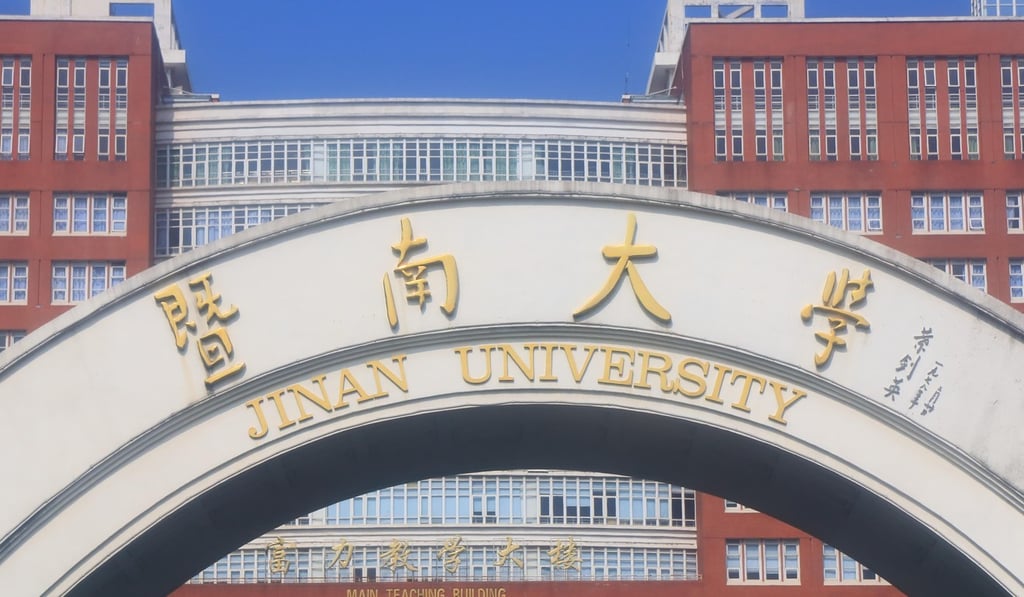Chinese college offers to hire two neuroscientists sacked by Emory University
- Jinan University president says researchers ‘can contribute to social and economic development if they decide to come back’
- Li Xiaojiang and his wife, Li Shihua, were dismissed over alleged undisclosed funding ties to China after investigation

Song Xianzhong, president of Jinan University in Guangzhou, told a symposium in Hong Kong on Saturday that the college would welcome Li Xiaojiang and his wife, Li Shihua, as well as their research team, if they wanted to return to China.
The Lis have served as visiting professors at Jinan University’s Guangdong-HongKong-Macau Institute for CNS Regeneration since 2017.
“The trade frictions between China and the US are bound to affect talent,” Song said. “We believe [Chinese] universities can hire [academics affected by the conflict] and they can contribute to social and economic development if they decide to come back.”

The Lis are US citizens and were professors with the school of medicine at Emory University, where they have worked for more than 20 years.